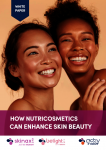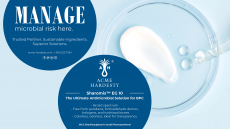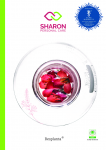Study questions combination of sunscreen and insect repellent
University of Manitoba in Canada has drawn attention to the
fact that a combination of insect repellent and sunscreen
containing specitific ingredients may compromise the effectiveness
of each product.
Headed up by pharmacology professor Xiaochen Gu, the study aims to throw light on an area that many dermatologists have been questioning for some years. The problem comes about because people often take their summer vacation near water or in rural areas, when the combination of exposure to potentially dangerous insect bites and strong sun becomes an issue. To tackle this problem individuals might apply liberal amounts of different products at the same time, but likewise they might opt for the small but growing number of products that combine both sunscreen and insect repellent in one product. The latest information is the result of several studies carried out by Gu and his team, the last of which is due to be completed in September. To date the research indicates that the biggest health risk comes about when insect repellents containing DEET are mixed with sunscreens containing oxybenzone, which often leads to an adverse skin absorption rate. Oxybenzone is an organic compound used in sunscreen to absorb UVA rays, whereas DEET is an insect repellent chemical often prepared from m-methylbenzoic acid diethylene. The study found that sunscreen and repellent products containing these chemicals can cause a marked increase in systematic absorption when used in conjunction with one another. Likewise, Gu's research team pointed out that this reaction occurs despite the fact that both products are formulated to remain on the skin's surface in order to maintain optimum protection. "We see absorption amounts increase by 80 per cent for oxybenzone and 100 per cent for DEET when concurrently used," said Gu. Likewise, he points out that it is children and the elderly that are most at risk from this potentially dangerous chemical cocktail. "People over 65 years old tend to have thinner skin have had years of exposure to the sun; this cold also make their skin absorb more of these chemicals," Gu added. Likewise, Gu points out that repellents containing DEET are of more danger to children, especially in combination with sunscreens containing oxybenzone and suggests that insect repellent should be sprayed on clothing, instead of directly on the skin. Gu says that this particular area of research is on-going and that currently he is researching ways of reducing absorption and optimizing preparation characteristics.












